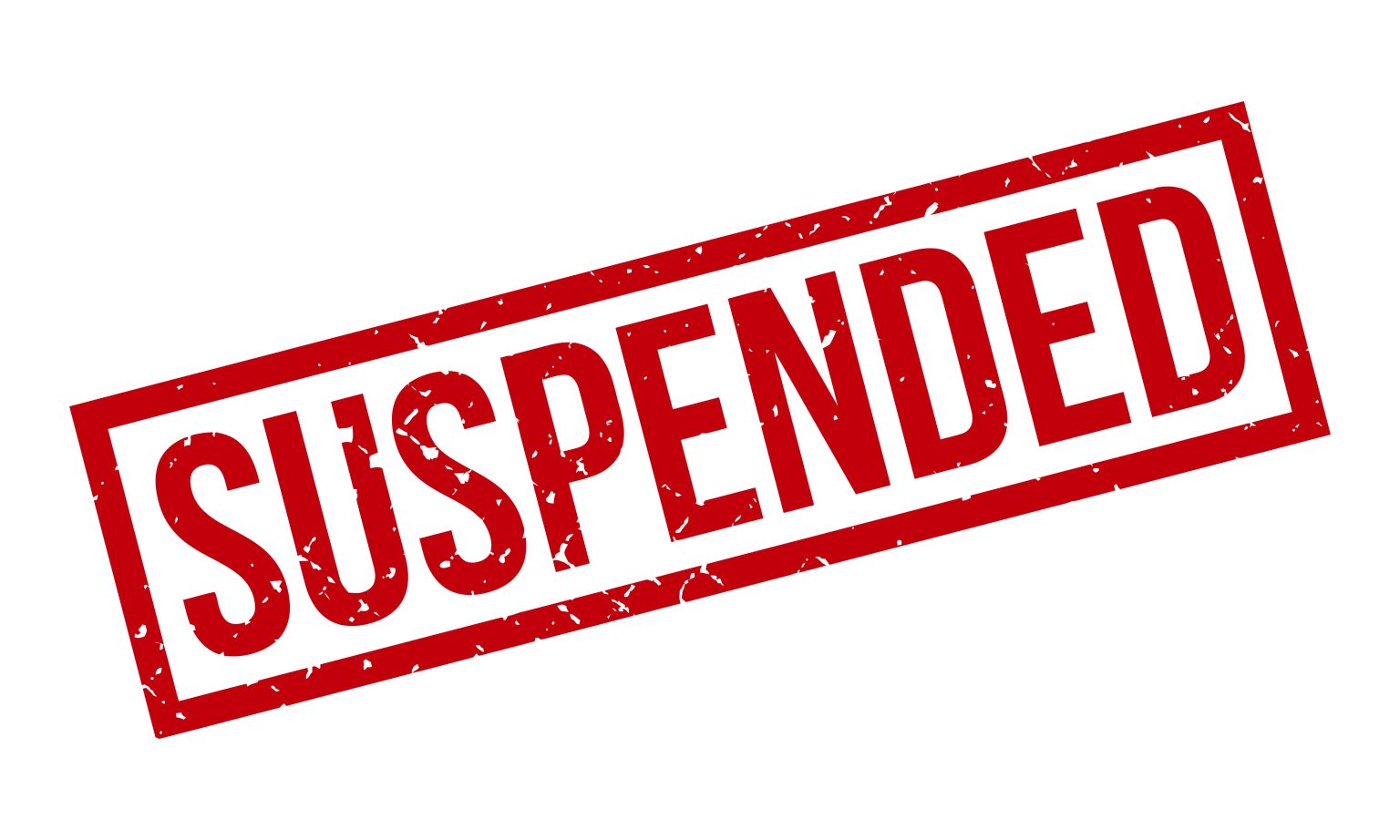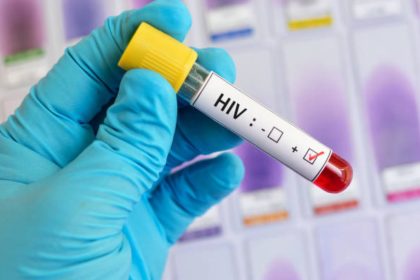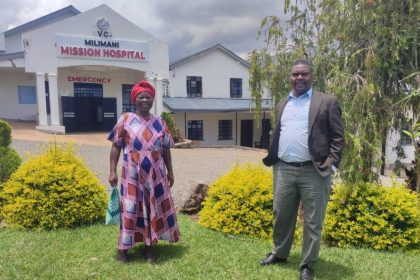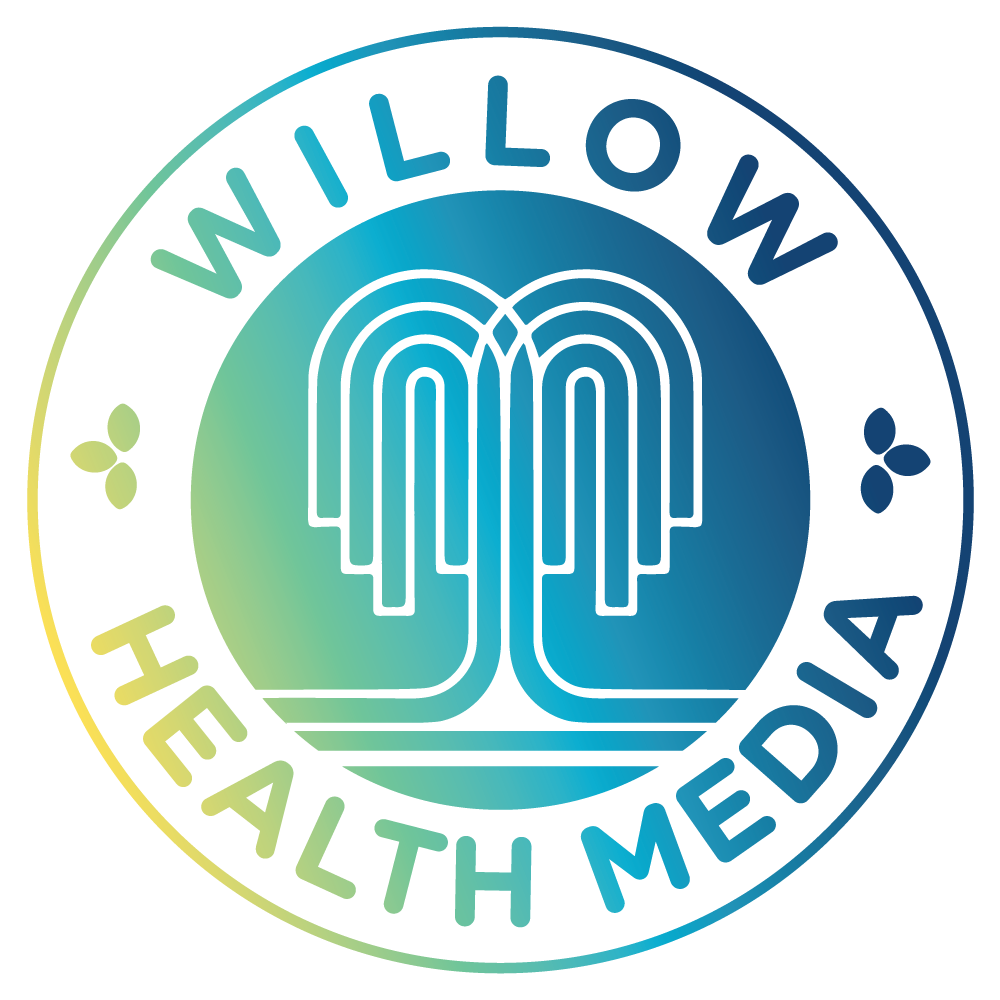SHA did not publicly specify the violations that triggered the suspensions, but under the law, facilities may be suspended for breaching operational, ethical, or financial compliance standards
The Social Health Authority (SHA) has suspended 40 health facilities across Kenya from accessing public health insurance benefits under the Social Health Insurance Act, 2023.
This is the largest public suspension of health providers since the transition from the National Health Insurance Fund (NHIF) to the SHA began. It marks a turning point in the government’s efforts to clean up the health financing system, amid growing concerns over fraud, inflated billing, and poor service delivery.
The affected facilities are no longer entitled to reimbursement for services rendered to insured patients and will remain suspended until they meet compliance standards.
Health Cabinet Secretary Aden Duale, speaking during a press briefing, linked the crackdown to broader reforms in the health sector.
“These facilities have engaged in corruption and theft of public resources,” said Duale. “These suspensions are effective immediately. During the period of the investigation, these facilities are not entitled to receive any benefit from SHA. Furthermore, we will be surcharging them to recover any money already paid to them on the basis of these fraudulent claims.”
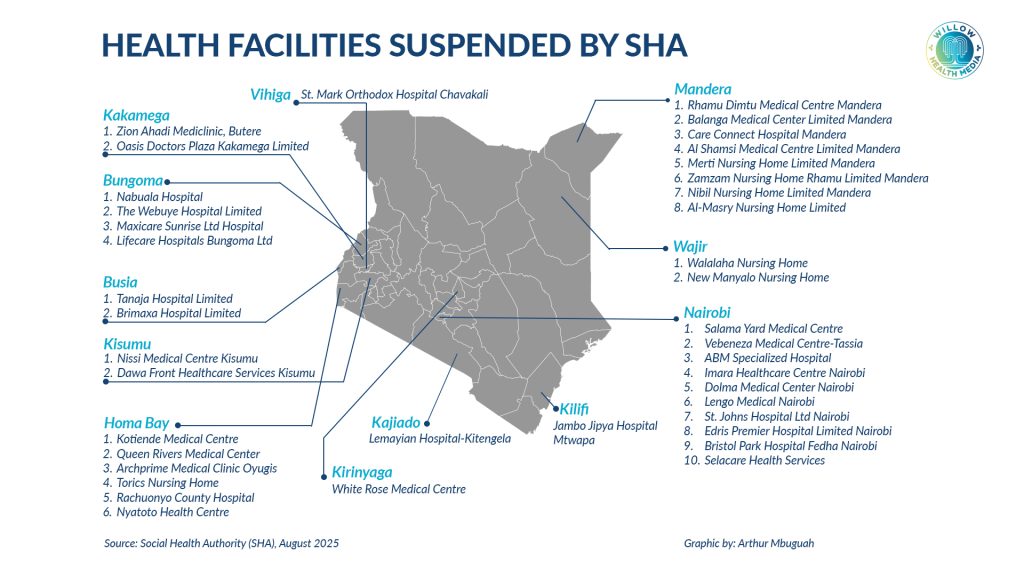
The government further identified several health professionals who have been directly involved in criminal rackets. These include eight doctors linked to facilities in Nairobi, Bungoma and Kilifi counties, and four clinicians linked to facilities in Nairobi and Homa Bay counties.
The CS noted that user rights of these doctors and clinical officers had been withdrawn from the SHA portal and related digital health platforms, while also revealing that the Ministry of Health would begin testing a Track-and-Trace system to monitor pharmaceuticals in real time from manufacturer to patient.
KMPDC expected to de-register non-compliant or fraudulent facilities
“This will prevent diversion and counterfeit drugs in public facilities. It’s a key requirement under the Digital Health Act, and once active, will ensure every tablet and vial reaches the Kenyan patient it was meant for.”
The Kenya Medical Practitioners and Dentists Council (KMPDC) is also expected to be leveraging digital tools to de-register non-compliant or fraudulent facilities within the Taifa Care network.
SHA did not publicly specify the violations that triggered the suspensions of the 40 facilities. However, under the law, facilities may be suspended for breaching operational, ethical, or financial compliance standards.
In a notice published in the Kenya Gazette (Vol. CXXVII—No. 168), SHA Chief Executive Dr Mercy Mwangangi said the suspensions were carried out under Section 48(6) of the Act.
Under Section 48(6) of the Social Health Insurance Act, 2023, any healthcare provider or facility convicted of knowingly or fraudulently altering or falsifying information to defraud SHA or obtain unauthorised benefits must be suspended (under subsection (5)).

Kenya has 17,755 active health facilities, and 10,000 have been registered under SHA
The Authority is also required to publish the name of the suspended provider or facility in the Kenya Gazette, and the institution is barred from receiving any benefits from the fund during the suspension period.
Data from the Ministry of Health shows that Kenya has 17,755 active health facilities. So far, 10,000 of them have been registered under SHA.
The crackdown is part of a broader effort to enforce accountability among facilities accredited under Kenya’s restructured public health insurance system.
Patients are advised to verify the accreditation status of health facilities before seeking care under SHA coverage. Those relying solely on public insurance may be forced to seek alternative providers, while the suspended facilities address compliance gaps.
A review of the suspension list shows that the affected facilities are spread across 12 counties. Most are privately owned and located in urban or hard-to-reach border areas.
Nairobi has the highest number of suspensions, with 10 facilities being flagged
Nairobi recorded the highest number of suspensions, with 10 facilities in total being flagged. This includes prominent institutions like ABM Specialized Hospital and Bristol Park Hospital Fedha. The capital’s high patient volumes, commercialised health sector, and aggressive insurance billing practices may be fueling non-compliance. The trend suggests regulatory enforcement in Nairobi has not kept pace with the rapid expansion of private providers.
Mandera came in second, with eight suspended facilities—all private. This is particularly troubling for a frontier county already grappling with weak infrastructure, insecurity, and limited public health capacity. Facilities such as Al-Masry Nursing Home Ltd, Merti Nursing Home Ltd, and Zamzam Nursing Home Rhamu Ltd were among those affected.
Western Kenya (Bungoma, Kakamega, Vihiga, and Busia) accounted for nine suspended facilities. Bungoma alone had four suspensions, including The Webuye Hospital Ltd and Lifecare Hospitals Bungoma Ltd.
In the Nyanza region, Homa Bay stood out with six suspended facilities, including Rachuonyo County Hospital and Queen Rivers Medical Center.
Other counties with suspended facilities include Kisumu (2), Wajir (2), Kajiado (1), Kilifi (1), Kirinyaga (1), and Vihiga (1).



